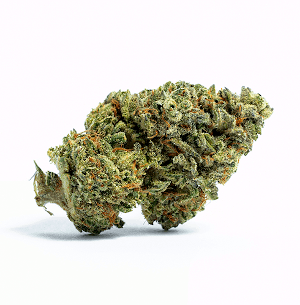Dispensary license in Phetchabun, Thailand, involves navigating legal, regulatory, and practical requirements.
Understanding the Regulatory Landscape:
1. Legal Framework: Begin by understanding Thailand’s laws regarding cannabis. Thailand legalized medical cannabis in 2018, allowing specific uses under controlled conditions.
2. Licensing Authorities: The Food and Drug Administration (FDA) and the Thai government oversee cannabis licensing. Contact these authorities to comprehend the specific requirements and procedures for obtaining a dispensary license in Phetchabun.
Key Steps to Obtain a Dispensary License:
1. Research and Planning:
- Market Analysis: Understand the demand for medical cannabis in Phetchabun and nearby regions.
- Business Plan: Develop a comprehensive plan outlining your dispensary’s operations, compliance measures, security protocols, staffing, etc.
2. Legal Compliance:
- Meet Eligibility Criteria: Ensure your business and team meet the criteria set by Thai authorities.
- Local Regulations: Comply with Phetchabun’s specific regulations regarding cannabis dispensaries.
3. Business Entity Formation:
- Register Your Business: Establish a legal entity for your dispensary, adhering to Thai regulations.
- Tax and Licensing Compliance: Obtain the necessary tax identification numbers and comply with licensing requirements for your business entity.
4. Facility and Security Requirements:
- Location: Find a suitable location that meets zoning regulations and is compliant with security measures mandated by the authorities.
- Security Measures: Implement robust security systems and protocols to prevent unauthorized access and ensure the safety of cannabis products.
5. Application Process:
- Prepare Documentation: Gather all necessary documents, including business plans, financial records, security plans, and any other paperwork required by the authorities.
- Application Submission: Submit your application for a dispensary license to the relevant authorities, ensuring all documentation is complete and accurate.
6. Quality Control and Compliance:
- Quality Assurance: Develop protocols to ensure the quality and safety of cannabis products sold at your dispensary.
- Compliance Monitoring: Implement systems to continually monitor and adhere to regulatory requirements.
7. Staffing and Training:
- Qualified Staff: Hire and train employees knowledgeable about cannabis products, their effects, and regulatory compliance.
- Training Programs: Conduct ongoing training to keep staff updated on industry standards and legal changes.
8. Financial Planning:
- Capital Investment: Estimate the initial investment required for setting up the dispensary, including licensing fees, facility setup, inventory, staffing, and ongoing operational costs.
- Financial Projections: Develop realistic financial projections and secure funding sources to sustain operations until the dispensary becomes profitable.
9. Ongoing Compliance and Reporting:
- Record Keeping: Maintain detailed records of sales, inventory, quality control, and compliance measures.
- Reporting Requirements: Comply with reporting requirements set by regulatory authorities.
10. Marketing and Customer Education:
- Educational Campaigns: Educate the public about the benefits and responsible use of medical cannabis.
- Marketing Strategies: Develop marketing campaigns within the legal boundaries to promote your dispensary’s services.
Conclusion:
Dispensary license in Phetchabun demands meticulous planning, adherence to regulations, and ongoing compliance efforts. Prioritize understanding and meeting all legal requirements, maintaining a focus on quality, security, and responsible practices within the cannabis industry.



